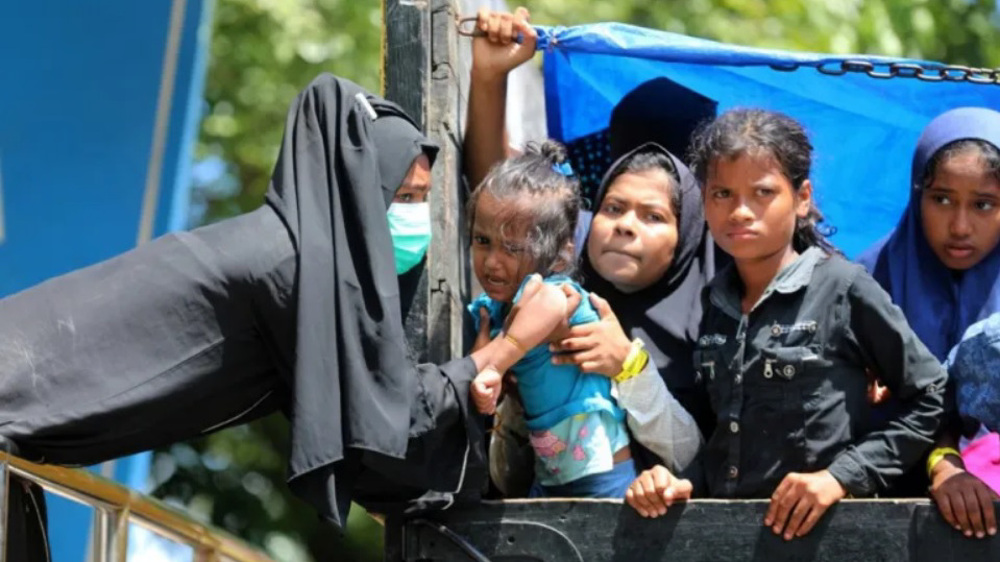UN concerned over SE Asia migrant boat crisis
United Nations (UN) Secretary General Ban Ki-Moon has voiced deep concern over the humanitarian crisis in Southeast Asia, as refugees, mostly Myanmar’s Rohinghya Muslims, are stranded in regional waters.
Ban made the remarks on Sunday after speaking with the prime ministers of Malaysia and Thailand - namely Najib Razak and Prayut Chan-o-cha.
In addition, Ban’s deputy Jan Eliasson discussed the refugee crisis with ministers from Bangladesh and Indonesia.
According Ban’s spokesman, both Ban and Eliasson reiterated in their discussions with the regional leaders “the need to protect lives and uphold international law” in dealing with stranded refugees.

The two UN officials also urged the leaders to “uphold the obligation of rescue at sea” and not turn back refugees arriving by boat.
Ban also stated that the UN stands ready to assist all efforts aimed at addressing the situation and resolving the crisis.
Indonesia, Malaysia and Thailand have sparked outrage by turning away boats overloaded with Myanmar’s Rohingya Muslim refugees and poor Bangladeshi migrants.

Myanmar has been accused of creating the current refugee crisis in Southeast Asia by continuing to repress the country’s Muslim minority group.
The government of Myanmar has rejected allegations that the country is the source of the current refugee crisis in the Bay of Bengal.
The director of Myanmar’s presidential office, Zaw Htay, has instead put the blame on neighboring countries for what he called the weakness of the rule of law and the failure to prevent human trafficking in the region.
Myanmar denies citizenship to most of its 1.3 million Rohingyas, placing restrictions on their movement and economic opportunities. Although Rohingyas have been living in Myanmar for centuries, authorities insist members of the minority are illegal migrants from Bangladesh.
The country’s treatment of the Muslim minority has resulted in the deaths of hundreds of its members.
CAH/NN/HRB
Threatening Iran and its Leader is playing with fire Trump and his ilk cannot contain
Israeli raids displace 25,000 Palestinians from Tulkarem refugee camp
All US bases, mercenaries within Iran’s reach: Leader’s representative
VIDEO | Lebanon parliament discusses budget in light of deep rifts
Regional states reject use of their territory against Iran
VIDEO | Israeli military destroys Gaza cemetery, scattering remains of over 700 graves
Iran ministry slams EU’s blacklisting of IRGC as 'Illegal, hypocritical'
Hamas blasts Western media for blindly defending false Israeli narrative










 This makes it easy to access the Press TV website
This makes it easy to access the Press TV website